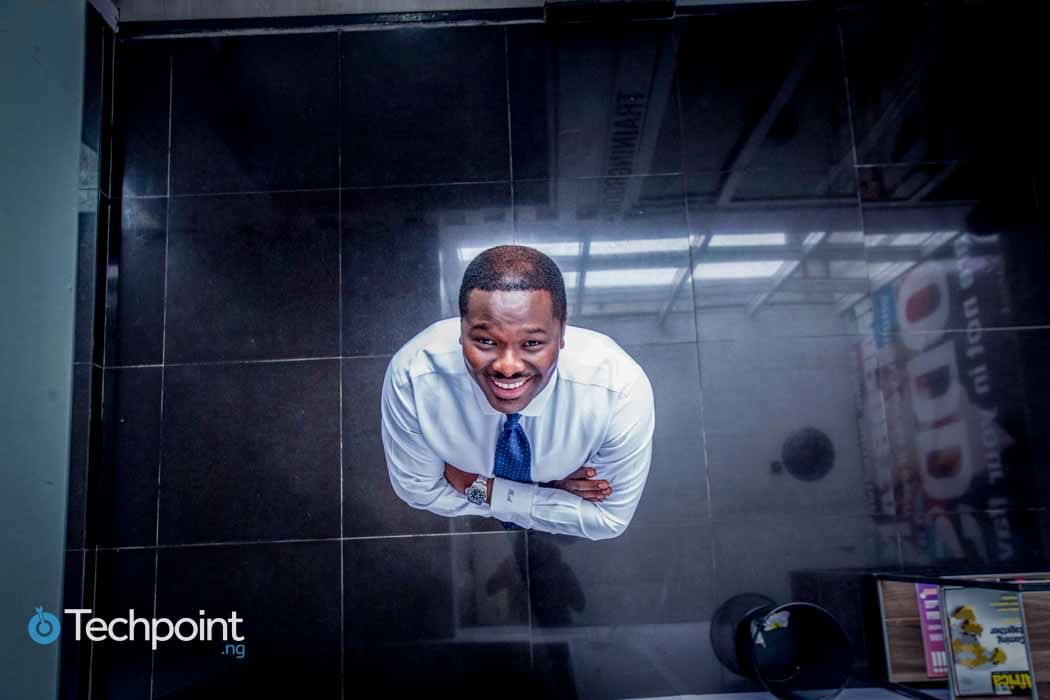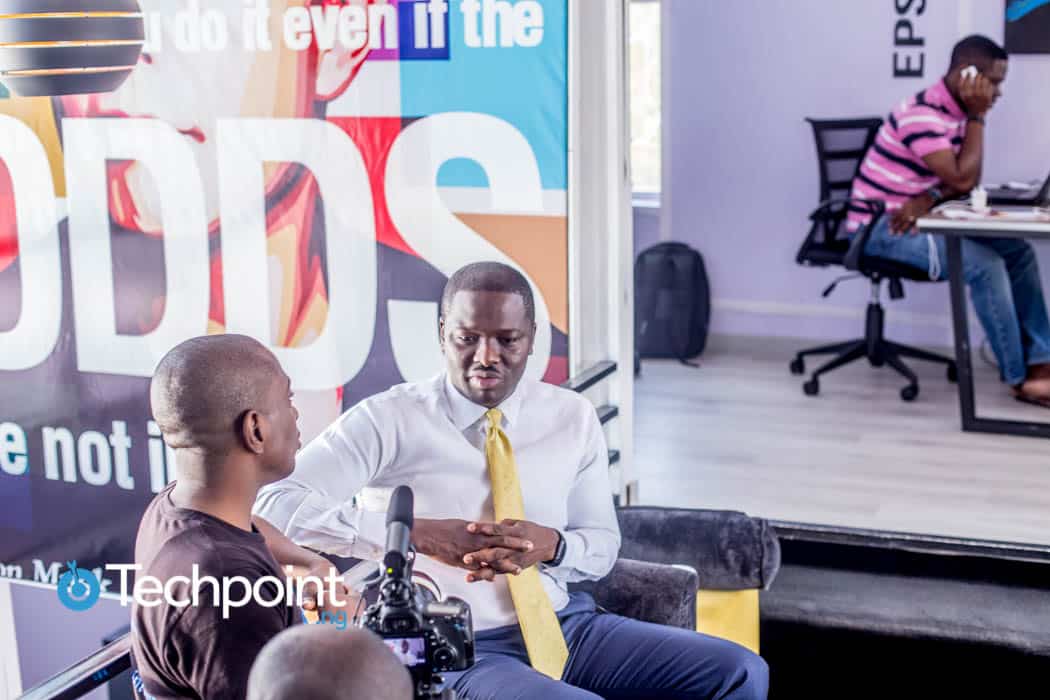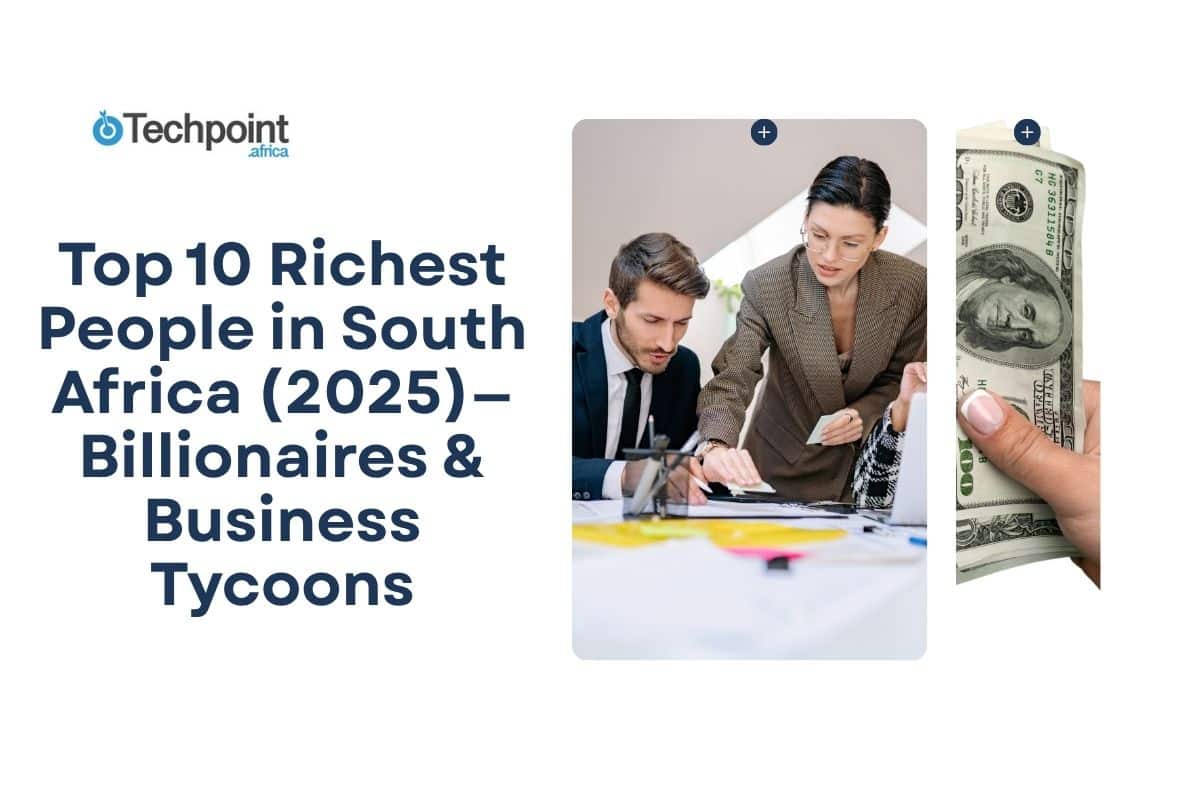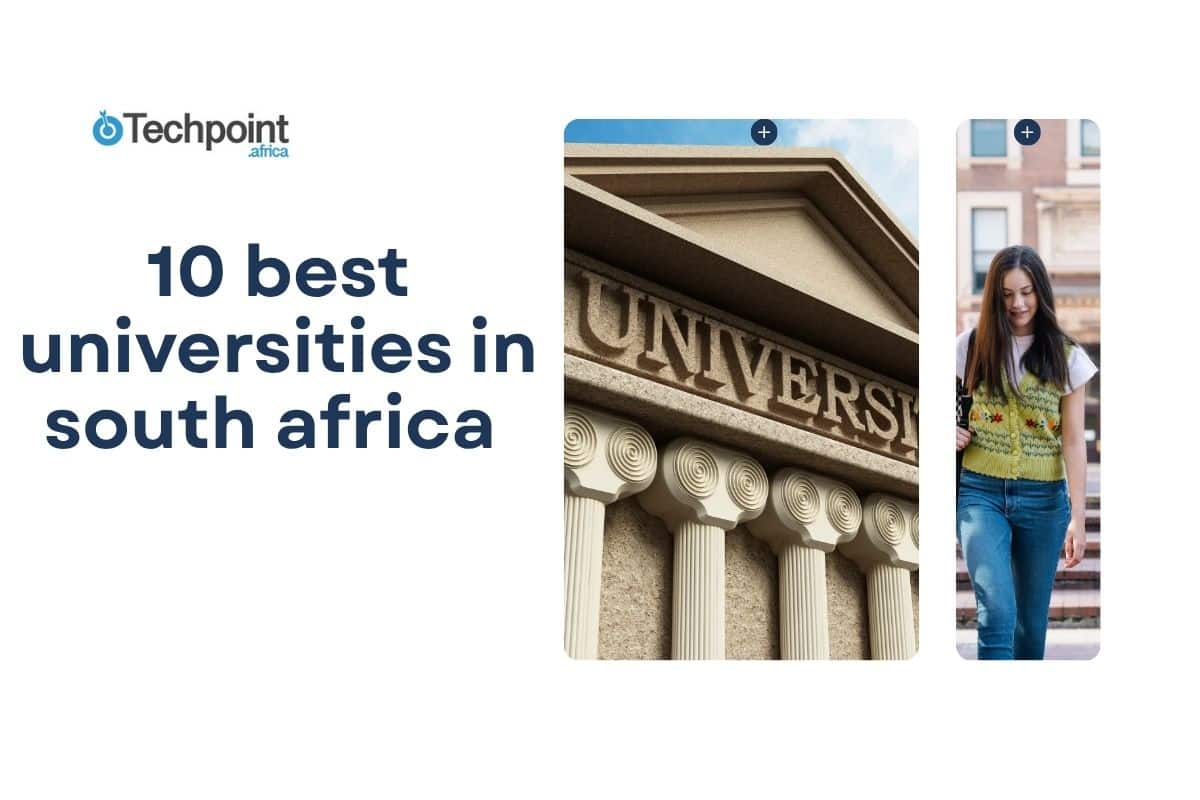You might remember Ventures Platform, that awe-inspiring container themed hub based in Abuja. It happens to be a product of Emerging Platforms, a tech company focused primarily on enterprise software solutions.
The man behind all of it is Kola Aina, a soft-spoken family man who describes himself simply as a ‘tech entrepreneur’. His passion for building “customised and home-bred tech solutions to African problems” led him to found Emerging Platforms in 2010.
During the course of our Innovation Tour, Techpoint sat for a chat with Kola Aina where he shared his “origin story” and some thoughts on entrepreneurship.
Muyiwa Matuluko of Techpoint (MM): Who is Kola Aina?
Kola Aina of Emerging Platforms (KA): I am a tech entrepreneur based in Nigeria’s capital, Abuja. I have a first degree in Electrical Engineering and an MBA specialised in Finance. I worked in corporate finance for some time. But all through that, I always ran businesses. So you can say I have always been an entrepreneur.
At some point after running a few businesses, I decided to pursue a career in academics. Just as I secured admission to do my PhD, a really good opportunity to move back to Nigeria came. I dropped out and a few years later, I and my partner in the US started Emerging Platforms. This was in 2010.
Asides my professional background, I am a family man; married with 2 kids and I love my work.
MM: Was your transition from engineering to finance deliberate?
KA: I hated engineering school. So I found a way to rush the 4-year degree into 3 years; I just wanted to be done with it. After I completed the degree, I faxed the certificate to my father saying, “I’ve done what you wanted so have it”. Then I went on to pursue what I really wanted.
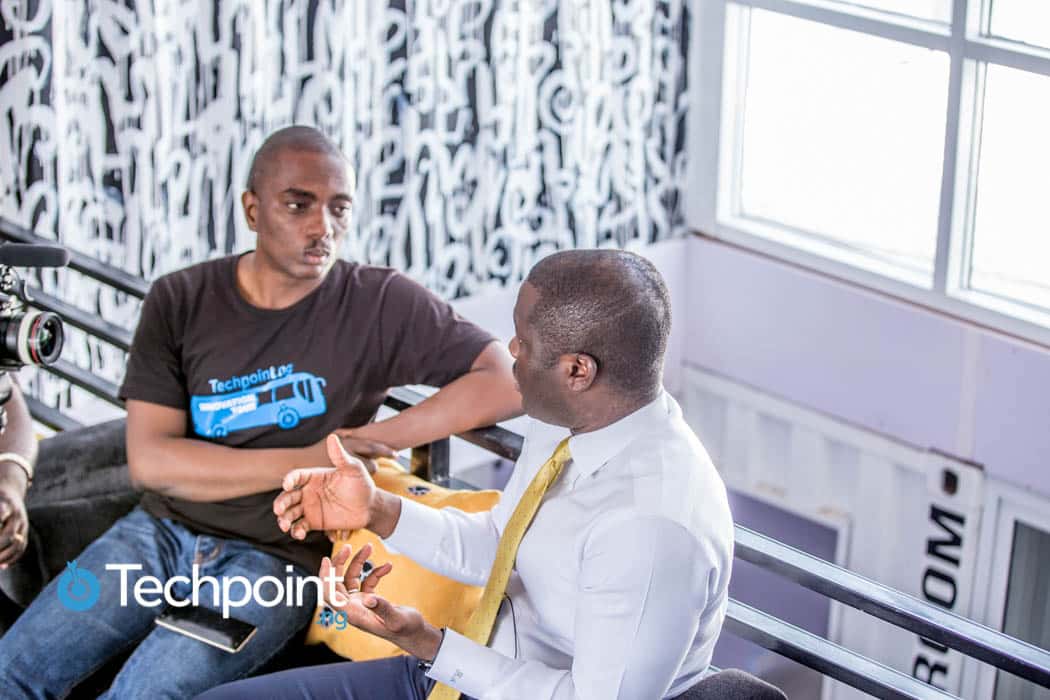
I’d always wanted to have a business education. The MBA in Finance was a natural transition for me. All through engineering school, I was reading books on finance and business for personal development. I wouldn’t be quick to dismiss my background in engineering though. It taught me to be analytical and that helps me in everything I do today.
But to answer your question, yes, the transition was deliberate. I made the move based on passion, interest and a desire to get the kind of education I felt was important.
MM: Speaking of entrepreneurial/business education, some people are of the school of thought that entrepreneurs are born, not bred. What’s your take on that?
KA: I think the best entrepreneurs are born but the wise ones can learn to be better. I don’t think that you can learn entrepreneurship. You can however improve your ability to become a more successful entrepreneur. But to achieve that, there has to be a basic correlation between your personality and your flair for entrepreneurship.
Entrepreneurs for instance are natural risk takers. They have the ability to work on an idea with no guarantee of returns. Some people don’t like that. Some people prefer the safety of a 9-5 with a consistent salary and I think that’s what differs entrepreneurs from non-entrepreneurs.
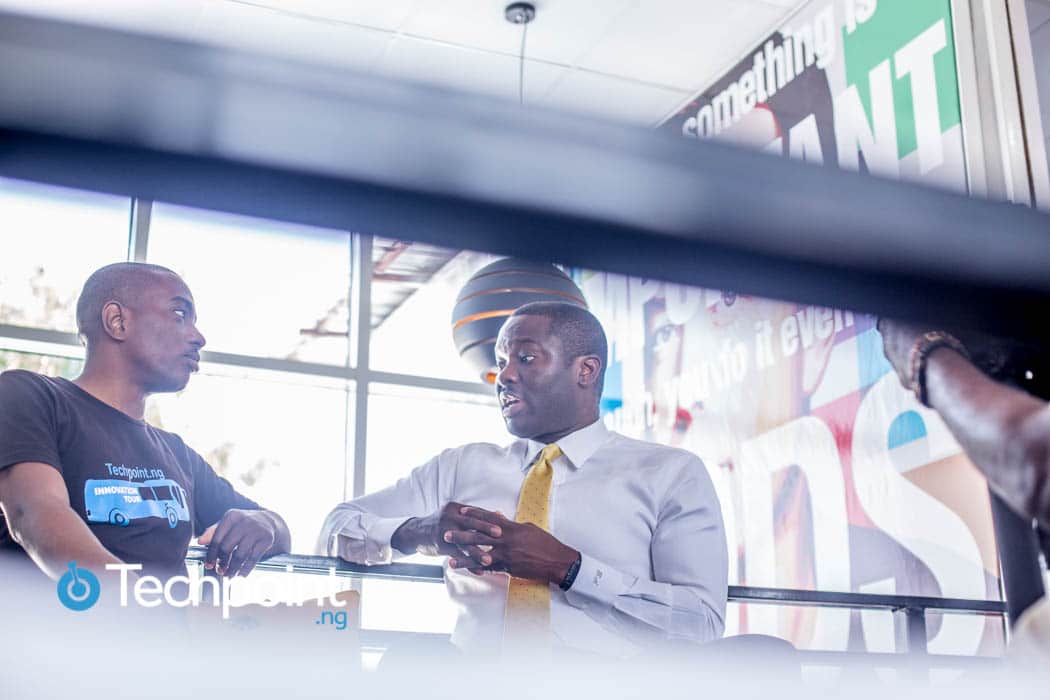
That’s not to say there’s anything wrong with not being an entrepreneur. I’m saying this because there seems to be a craze in Nigeria now for entrepreneurship and startups. The truth of the matter is that not everyone is cut out to be a startup founder. As a matter of fact, if we all become founders, we’d have no one to work on our team right?
MM: What inspired you to build Emerging Platforms?
KA: I had actually first relocated back to Nigeria to run a business that my family had an interest in. At the time, I was still stuck in that trying to do what other people felt was best for me. I spent about a year and a half working on that business and I hated every day of it.
Before long, I moved back to the US to pursue the PhD. I saw it as an opportunity relax and get a job in academia. But that entrepreneurial bug never left. It bothered me constantly and I’d always had ideas.
Right about the same time that I was going to go back to start my advanced degree, the idea hit me. I’d always been interested in tech but I‘d never been one to do things “just because”. There has to be a problem that needs solving.
There was a lot of buzz around the lead up to the 2011 elections at the time. I and my partner thought we could build a mobile app for elections. The conversation had started in 2009 but formalised in 2010. I decided to move back and we started the business.
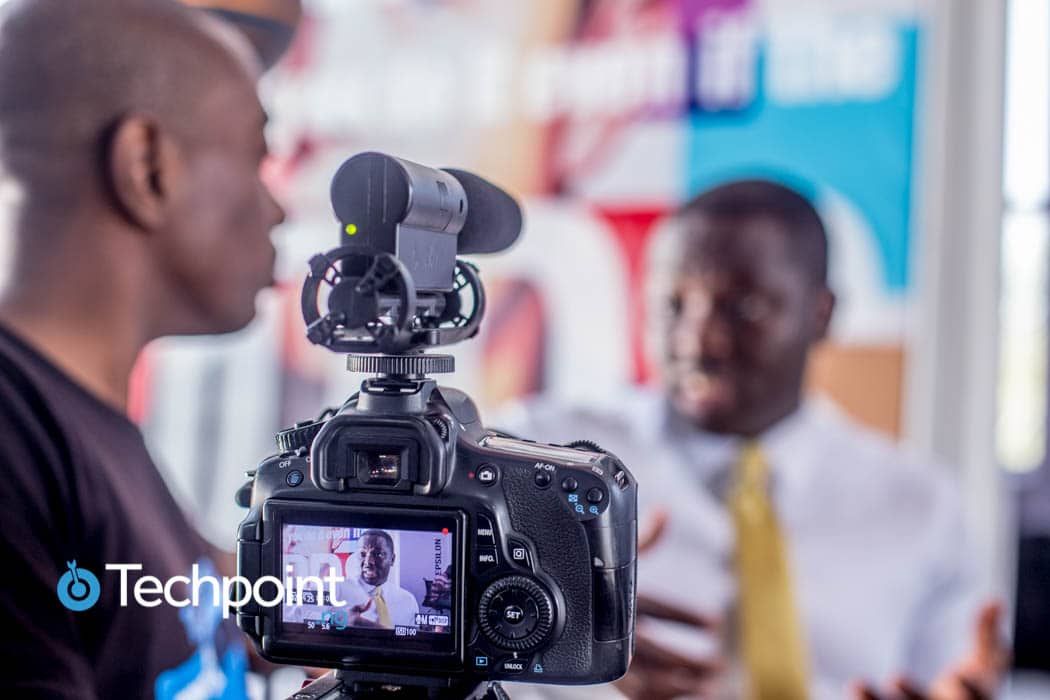
We kicked off with the approach of looking for sectors, agencies or organisations that, from what we read in the newspaper, were having problems in certain areas and we set out to solve them in a unique way. One of our first projects was a security project. We built a whistle-blowing platform that enabled people report incidences in a confidential way.
MM: It must have been a tough decision letting go of the PhD opportunity for something that had no 100% assurance. How did your father take all these?
KA: My father wasn’t happy with anything at that point, seeing as I had deserted both engineering and a family business that could have been a smooth landing. But I’ve always been a stubborn knuckle-headed person anyway.
I think it’s very important for young people to pursue their dreams and do what they want to do because that personal conviction is very important to success. You need to be able to tell your story without missing any gaps. You know, when you can’t tell your story from the beginning to the end, it’s difficult to inspire. I and my dad are on good terms now, no issues.
MM: Looking back, would you say it was worth it? Have you ever wished you should have completed the PhD or continued the family business?
KA: I don’t think so. Never
MM: But you must have faced some challenges?
KA: Of course I did. Making up my mind not to carry on the family business was a difficult choice. Every Nigerian parent wishes their kid to take over their business and when you don’t, you get called all kinds of names by other people. But it depends on your context.
In terms of further education, since then of course, I’ve had the opportunity to do other things. I ran programmes at Harvard Business School and Berkeley. There are many ways to learn today. You don’t need to get a PhD to be validated. It’s really about what you know. You can go get all the degrees but not know much. I’ve been fortunate to have a lot of experiential knowledge.
Of course, just the mere fact that you’re trying to run a company, with global best practices, in Nigeria is extremely difficult. A lot of the practices and belief systems that I learnt having schooled in the US do not necessarily translate here.
MM: How were you able to run a tech company without a core technical background?
KA: Yes, that’s a big part of the story. The moment I knew I wanted to go into tech, I went to look for a technical co-founder. I was fortunate to find one of the best software engineers the world over. You know, full stack, all the words you can think of to describe a ninja.
Back then we were whipping up functional cross-platform demos in about 2 hours. He had experience working with different contractors like Lockheed Martin in the US (DMV area). So he easily led the technical effort of the engineers. That was very fundamental to our ability to come into the market at the time and distinguish ourselves as a true software engineering company
A few years down the line, he decided to move on to do other things and found another company. Since then, we’ve grown our own local capacity by hiring some very talented engineers. We developed an in-house internship system that helps us develop talent internally. It can be difficult as you know there’s a scarcity of very good engineers. So it’s a challenge we are dealing with.
MM: I imagine starting up may have been slow due to of funding
KA: Very slow. We had no startup funds, we bootstrapped. I had a secondary friend who had settled back much earlier than I did in Nigeria. We were able to rent part of their office. In fact, the space we rented was like the size of a toilet. It was very small.
But going by my personal philosophy of excellence, when you came into the space, you’d think you were in a one million-dollar office. We had wallpaper, lamps, it was very nice but it was small. It could only fit two small tables. In 6 months we were able to take up our own space
MM: You grew that fast based solely on internally generated revenue?
KA: Yes. You see, your attention to detail and how you manage customers matters a lot. Of course back in 2010, there weren’t so many tech companies in Abuja. So we didn’t have as much competition as we have now. Nevertheless, we were very keen on customer service, staying close to our customers and seeing problems they didn’t see.
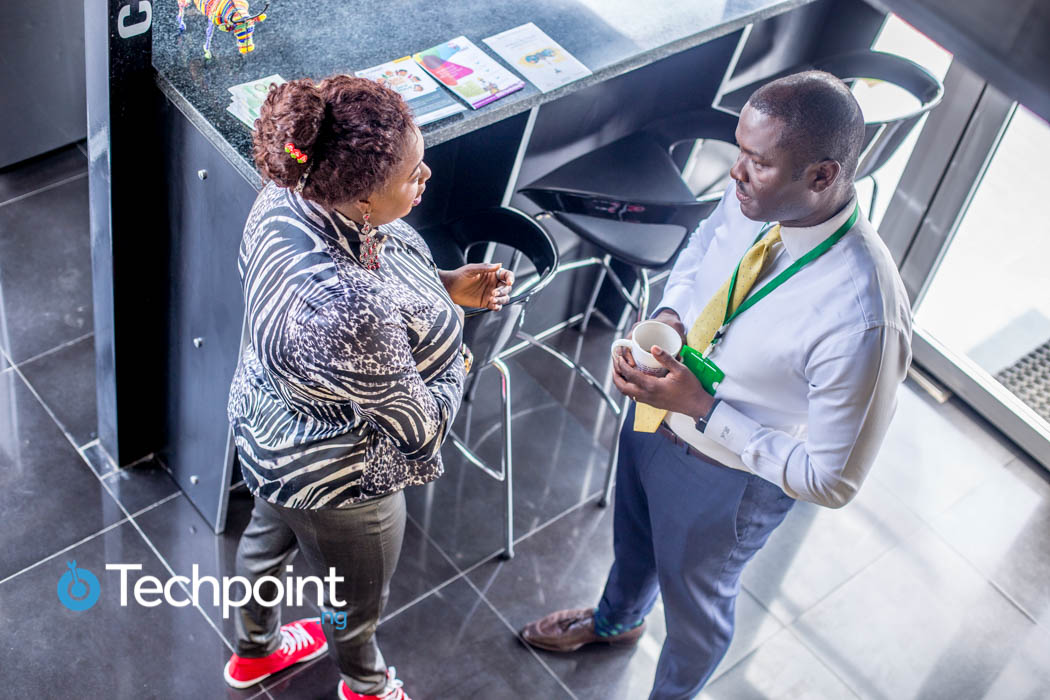
I’m a keen believer in bootstrapping. In those humble beginnings, I was the business analyst, software tester, HR manager, accountant. I actually had a slot between 6:30 pm and 7:30 pm everyday for tracking finances. I used a software called LessAccounting. I learned very early to keep proper records. I think business school helped me with that as well.
The beginning was certainly very tough but we bootstrapped all the way. And when we eventually became large enough, we got to a point where we needed to raise equity investment. But it’s been a story of great struggling. A lot of the young guys today are lucky because they can get incubated and accelerated but we were never accelerated or incubated.
MM: This is probably the inspiration for Ventures Platform? Give us some background on that
KA: I am a person that really believes in the value of support and mentorship. If we didn’t get a lot of money from people, we certainly got advice and that helped in a lot of ways. Over the years, we got to a point where we started to mentor and advise lots of young people. And then at some point I personally made a few angel investments. But a lot of the startups I invested in didn’t quite do very well.
In trying to find out why they were failing, we realised that startups needed much more than money. Apparently, there’s a combination of things that make a company successful, most important of which is the quality of the founder. But once you get that part right, there’s still so many other factors. Particularly in our climes because even the environment people have to operate in can be very frustrating.
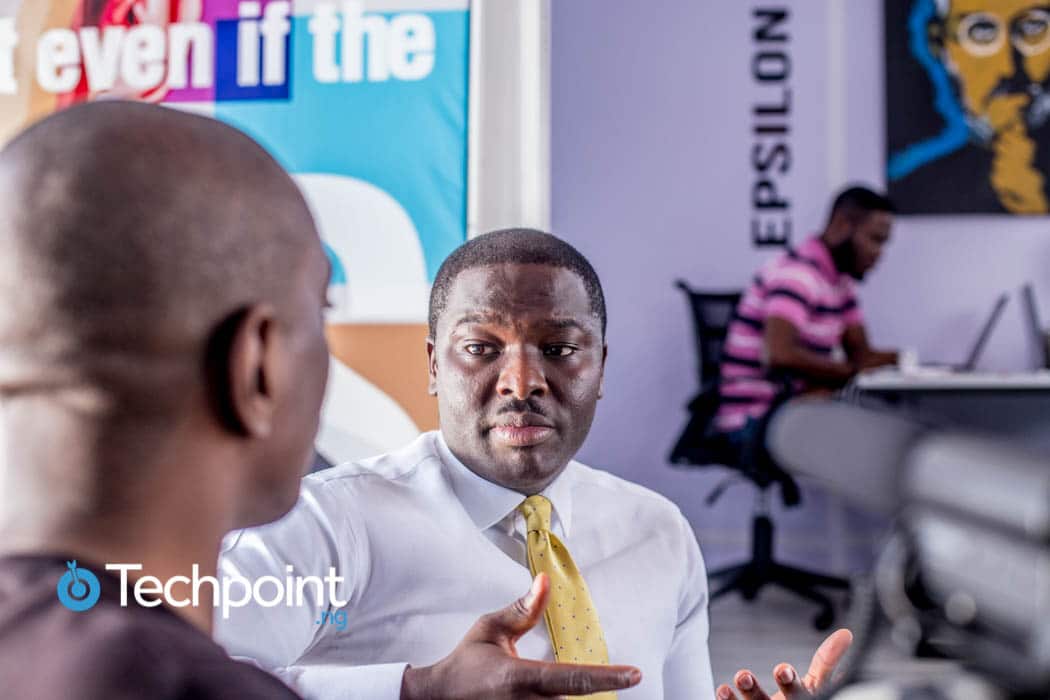
As an organisation, Emerging Platforms decided around 2015 that we wanted to formalise the way we support the next wave of innovation in Africa. We discussed it with the board and they endorsed it. For us, it was a long term plan; something we actually planned to materialise in 2017. However, late 2016, a few things happened and it appeared that we needed to fast-track it.
MM: Why did you choose Abuja to launch Ventures Platform, considering all the buzz about Lagos being the startup capital of Nigeria?
KA: We are based in Abuja so it was just easier to setup here. Of course, Lagos is in our sight, but we are going to be very deliberate about our foray.
[UPDATE]: Ventures Platform eventually expanded to Lagos in December 2017.
MM: What are the hardest things you’ve had to learn as an entrepreneur in Nigeria?
KA: The first one is patience. I am a very structured and disciplined with time; I Outlook everything as far down to talking with my wife. I have had to learn that in Nigeria time is fluid; we don’t respect time.
Initially it used to anger me. It was one of the reasons I relocated back to the US. It’s been a constant learning process for me. Whether it’s with partners, colleagues or customers, Nigerians just don’t respect time.
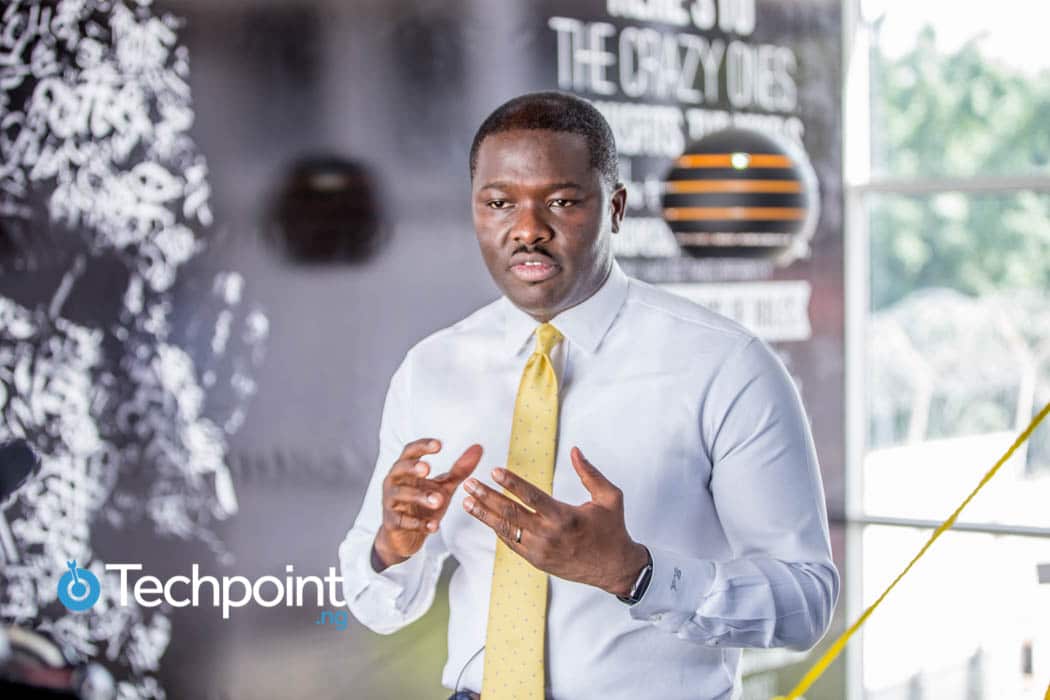
The second thing that has been a challenge, most people don’t know this, is that I’m a shy person. So speaking in public, which I do quite a bit of these day, is a challenge. I’ve had to learn how to overcome that. I think as an entrepreneur you have to learn how to speak publicly and pitch your ideas. That for me has been something that I’ve had to deal with.
MM: On a final note, with your experience as an entrepreneur and investor, are there any recurring mistakes you wish upcoming entrepreneurs would avoid?
KA: First of all, I think our entrepreneurs are fantastic. But I think there are a couple of things that we see that we wish entrepreneurs didn’t do.
The first one is most have too many ideas. I remember one young founder bragging to me about running 4 other startups than the one he was pitching to me. What happens when he wakes up one day and decides he no longer likes his idea I just bet on?
As an investor , you want to know that the founder is willing to stick it out no matter what. I mean, there were times running Emerging Platforms where we didn’t have inflow to pay salaries for like 6 months. But we stuck it through and we are where we are now.
The worry with founders that have one too many ideas is that they’re not able to stick it through. They’re not even focused a lot of times on one startup. Focus is important. The Disciplined Pursuit of Less is a maxim I think a lot of people need to learn. The less you do, the more likely you are to succeed.
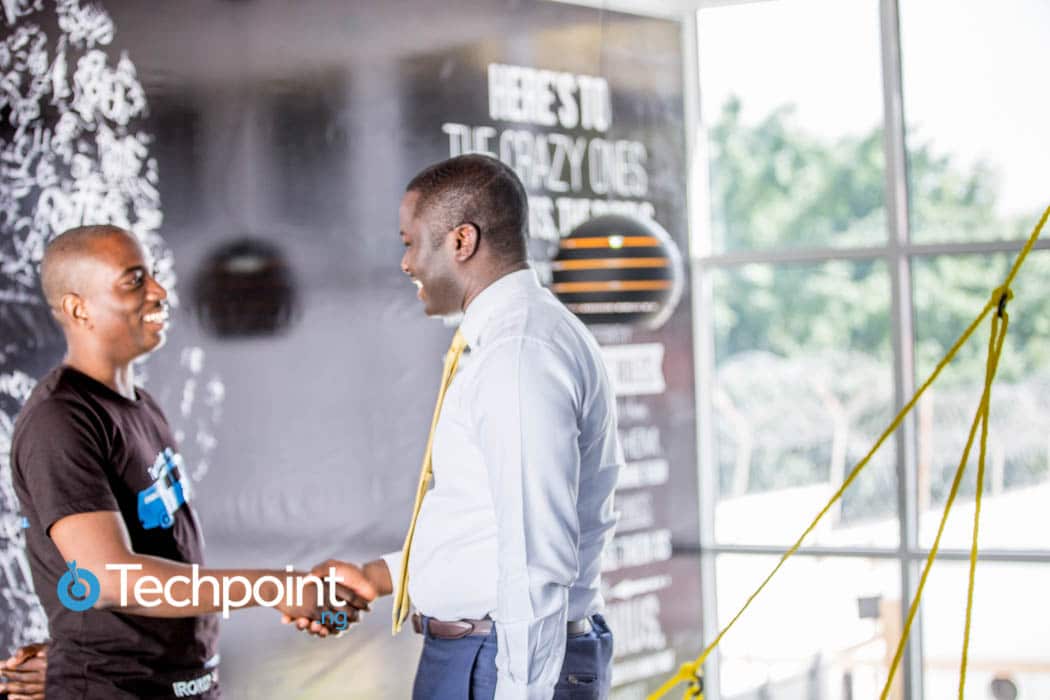
The second challenge I see is that people are approaching this startup/entrepreneurship thing from the wrong perspective. As opposed to looking for problems they can solve, or rather problems they are best suited to solve — because it’s not every problem that you can solve, neither is it every problem that requires technology to solve it — a lot of people are just focused on duplicating models that they think are successful. It’s the wrong approach because when you approach in that perspective, you wouldn’t be able to discover the right insight.
The third and final thing is we are not seeing enough founders that realise the importance of offline experience. The most successful startups today are basically about taking something that happens offline and bringing it online. That offline experience is important.

